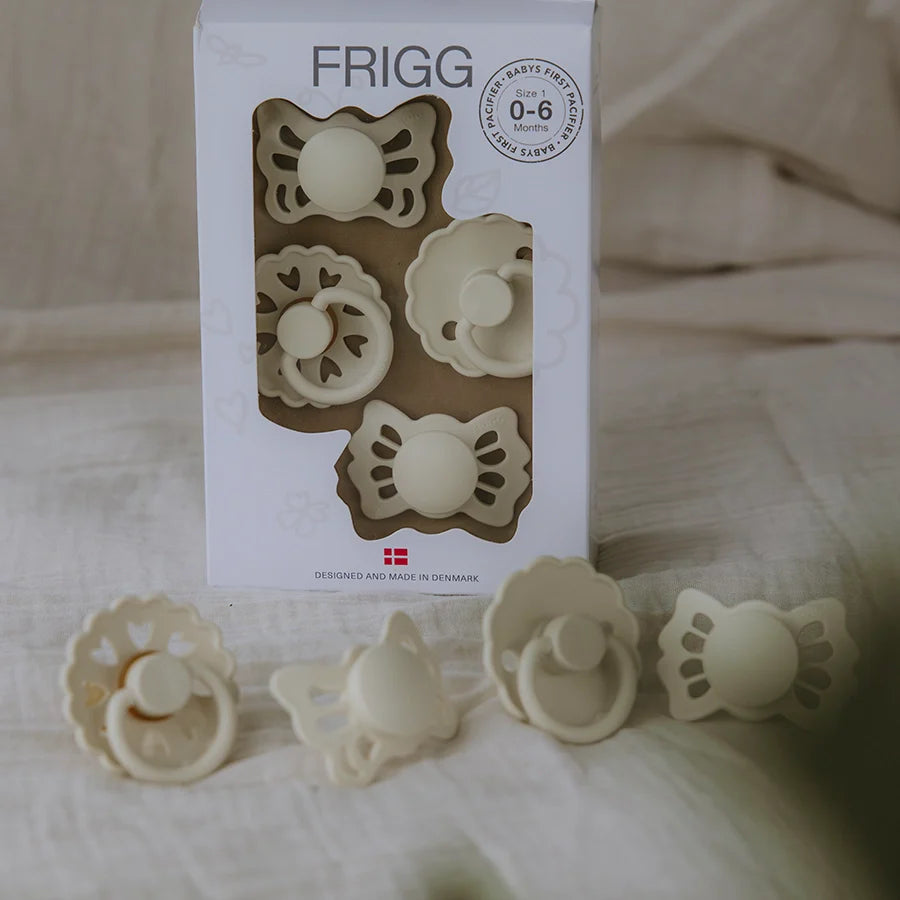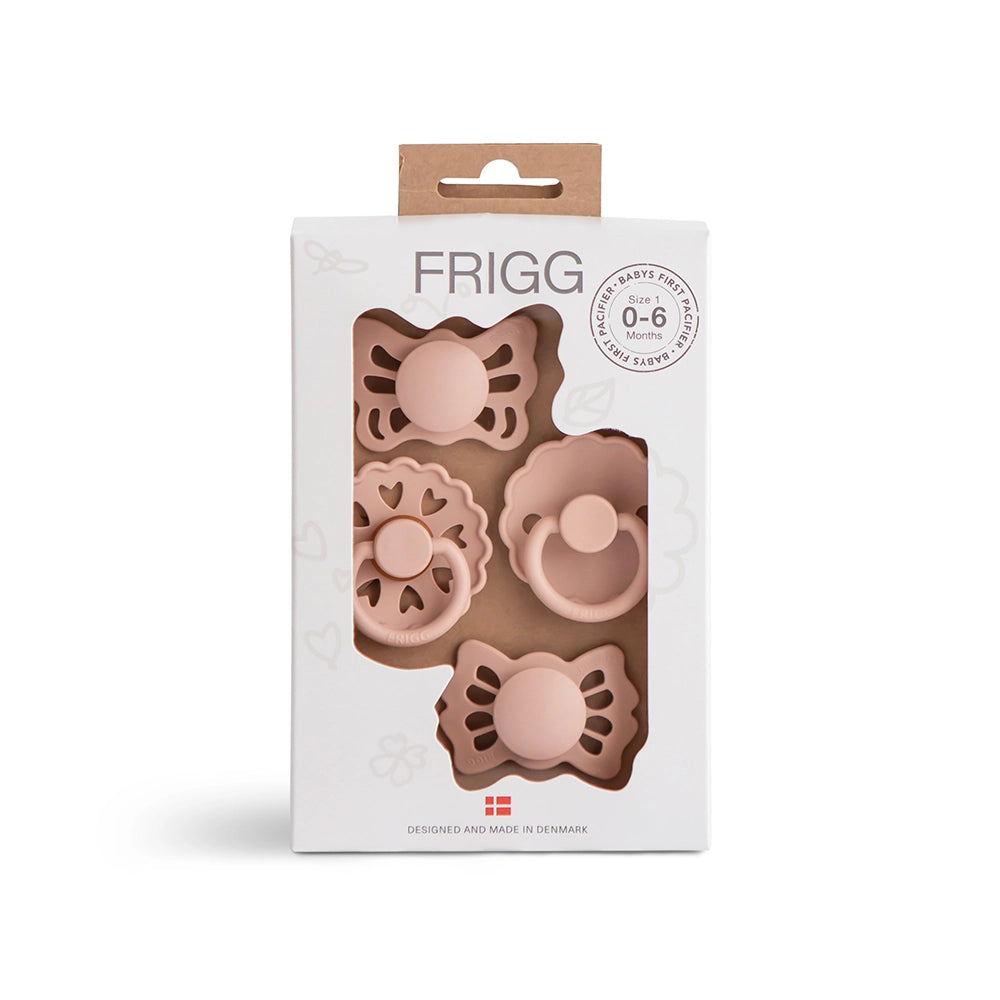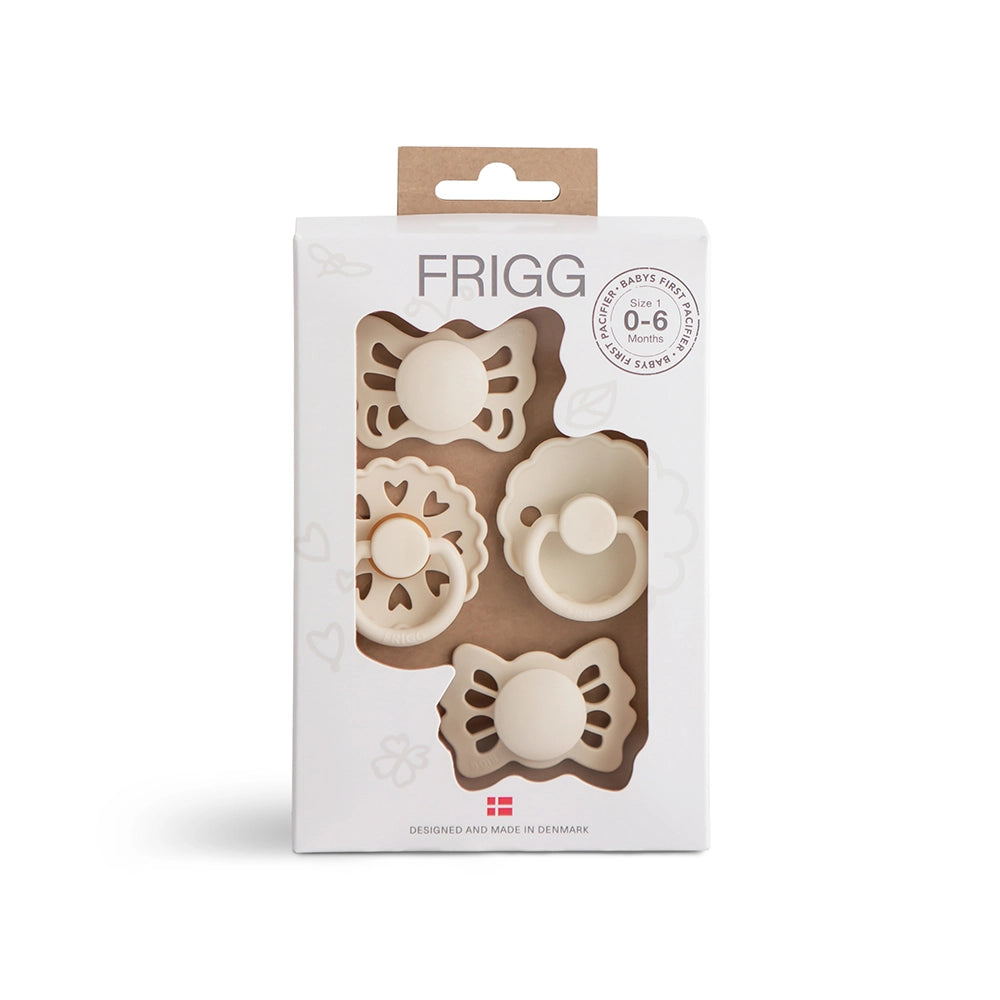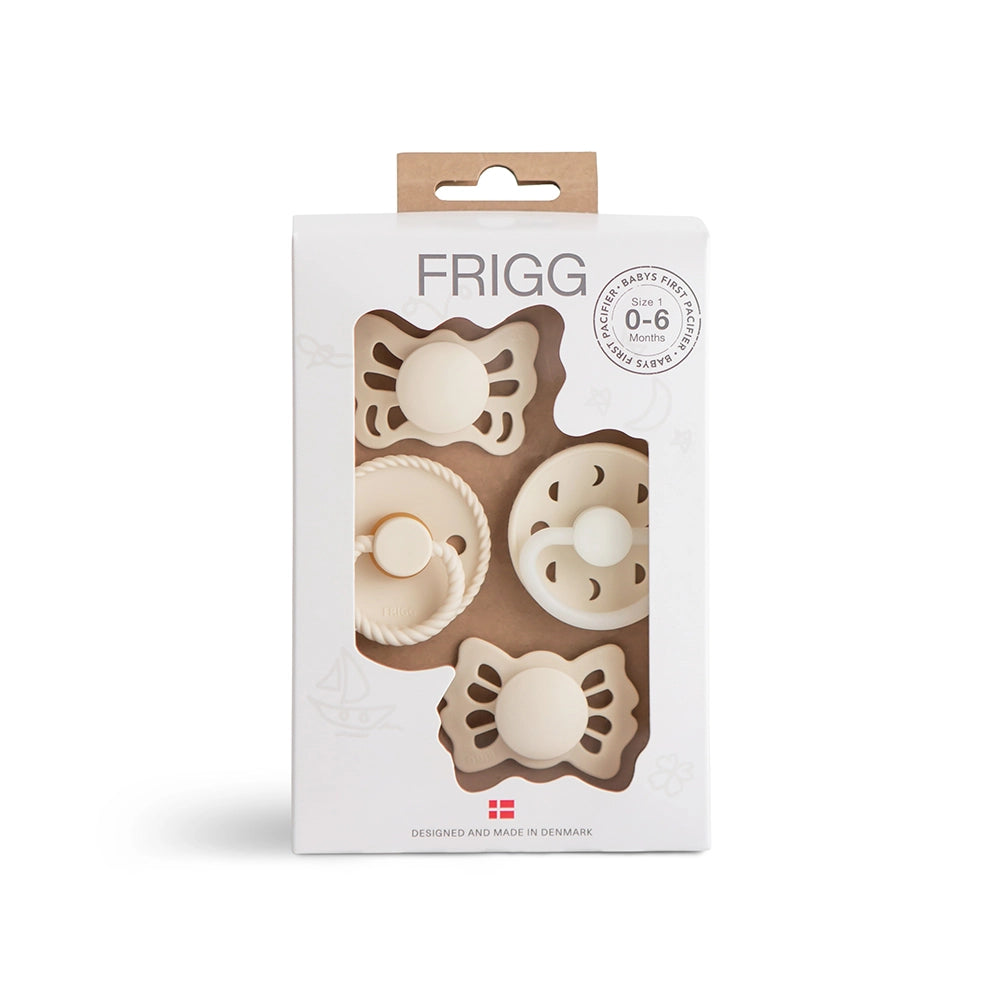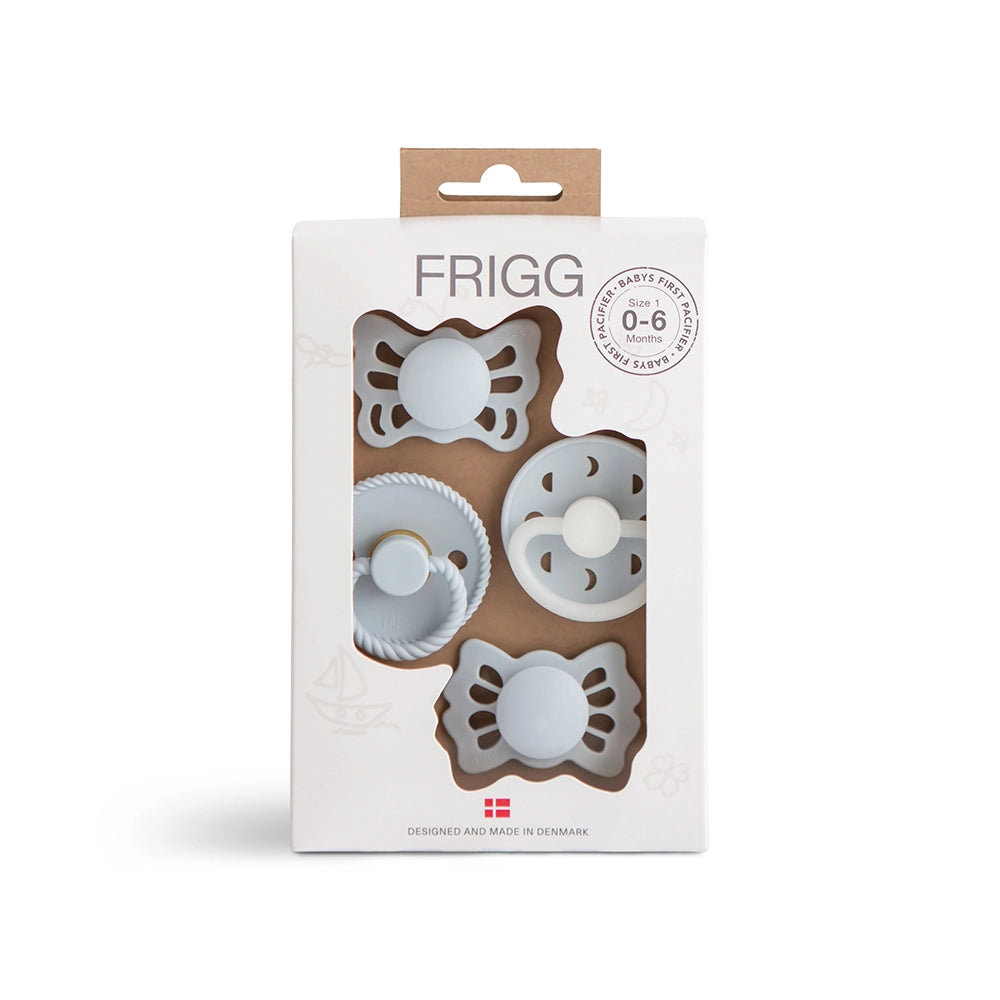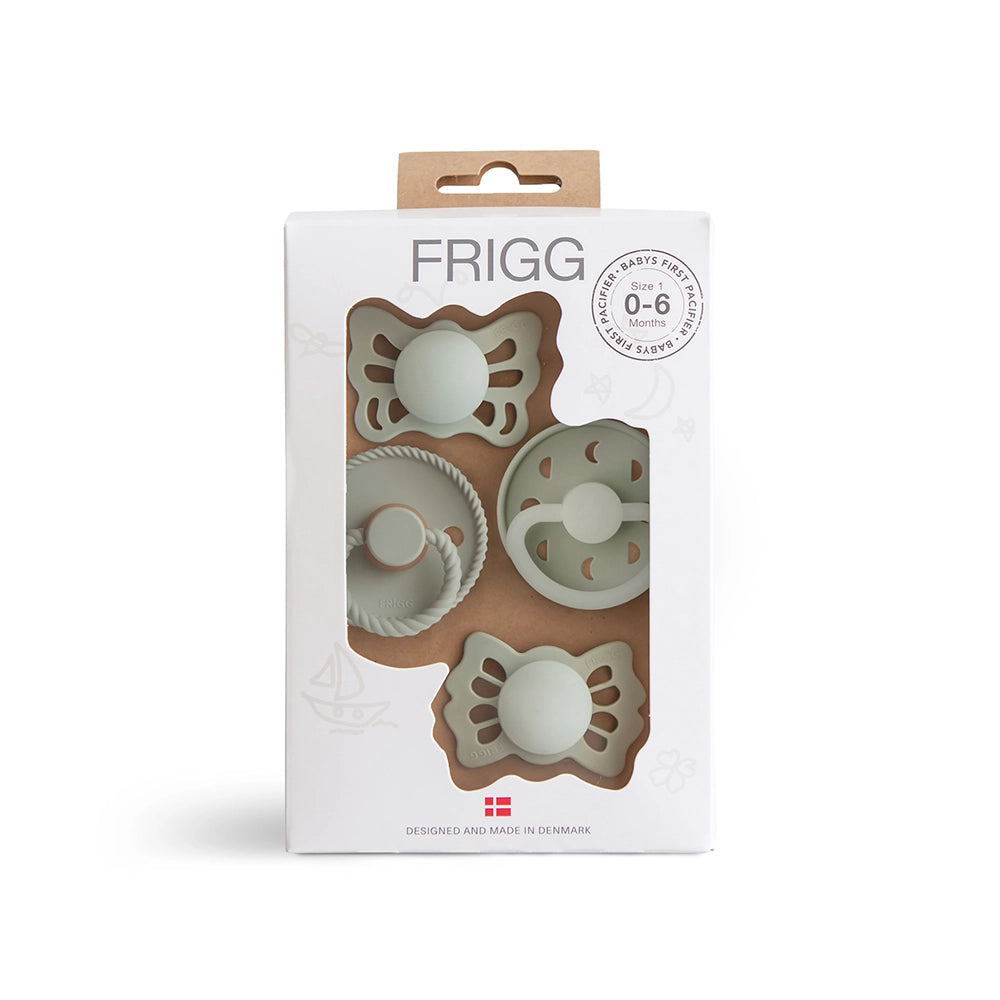Types of Mothers and Their Influence on Children
They are wonderful, one of a kind, and an essential part of a child’s life: mothers. Yet there is not only one way of being a mother, and each mother is unique in her motherhood. In this blog post, you’ll get to know four common types: the authoritarian, the ambitious, the empathetic, and the permissive.
When you understand what type of mother you are, you can take healthy steps in parenting - and build a strong mother-child relationship. You don’t have to fit neatly into one “mother box,” and it’s completely normal to feel like a blend of several styles.
